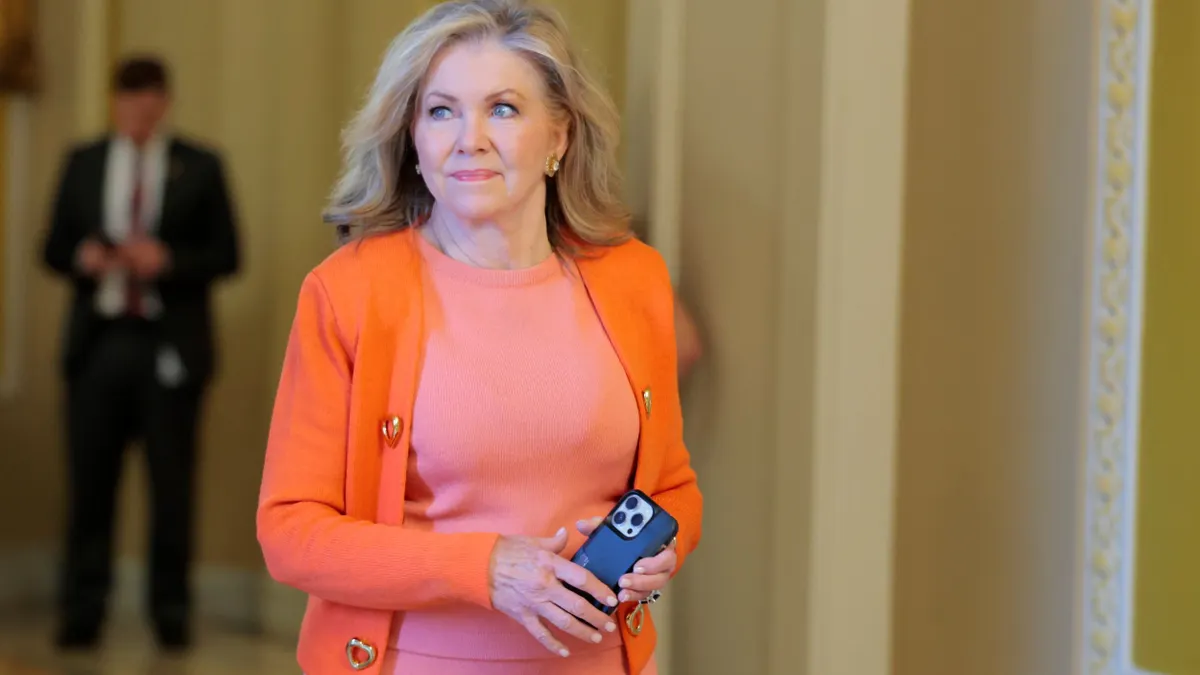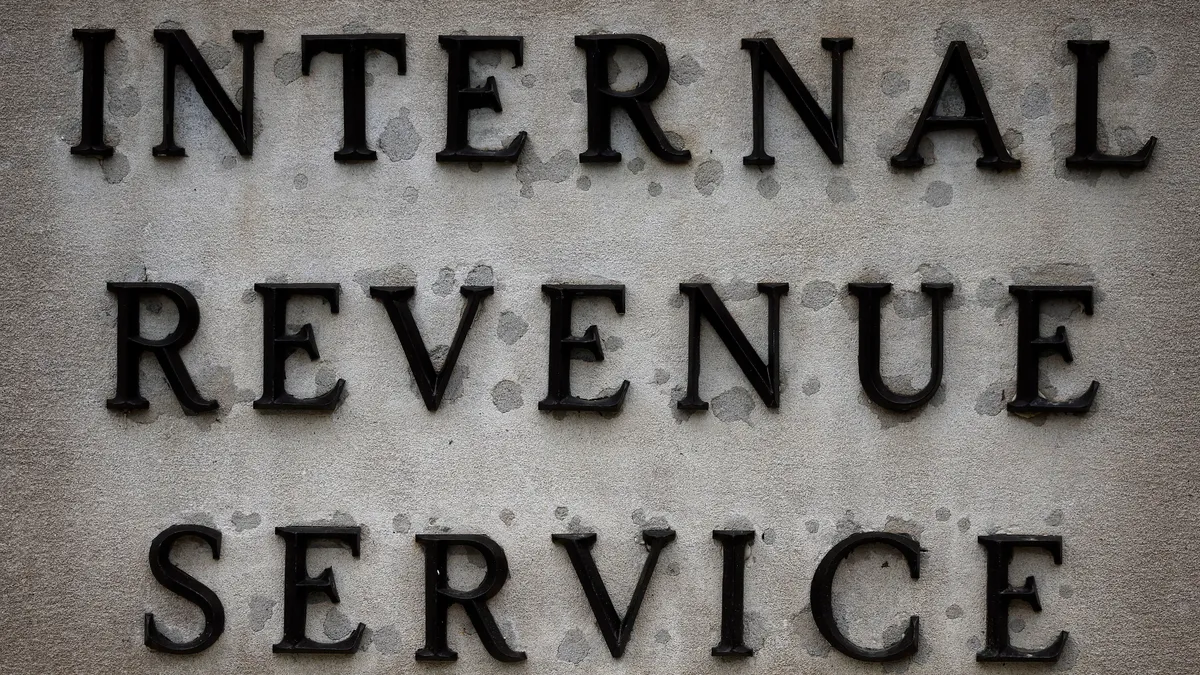Among the many changes COVID-19 has brought to business, a few stick out to Gina Mastantuono, CFO of cloud computing company ServiceNow: the imperatives of technological agility and long-term investments in digital transformation.
COVID-19 has ushered in a convergence of corporate finance and digital strategies, which is pushing companies to be more innovative, Mastantuono said.
The last 12 months have elevated the CFO to chief transformation officer, Mastantuono said in December, adding the role of the CFO has been evolving for some time. "No longer are we the holders of the textbook only looking backwards," she said. "Now, we're the strategic advisor to the CEO. Covid is elevating that even further."
"Being CFO is one of the hardest jobs because you need a conservative mindset, but if you're too conservative, you'll stymie growth and innovation," Mastantuono said. "But you also need to take risks to continue investing, and transformation is an imperative now more than ever."
With support from the CIO, the CFO is prized to lead digital transformation, regardless of the industry. Together, the two should be constantly asking, "Are the investments paying off? Are they giving the ROI that we anticipated? Are the outcomes what we expected?"
To ensure agility in the face of events like the pandemic, and to emerge stronger than the competition once it's over, CIOs and CFOs must maintain a strong and consistent partnership aimed at moving digital transformation projects across the finish line.
Mastantuono and ServiceNow's CIO since 2015, Chris Bedi, say their working relationship has been integral to the company's success since Mastantuono joined.
"I started in January 2020, and COVID hit in mid-March, when I was just 60 days into the role, and my team helped lead the charge to move people to remote work," Mastantuono recalled. "We've increased headcount since then by 27%."
Remote work is here to stay, Mastantuono predicts, and, as a result, she prioritizes the company's ability to invest today to ensure "whatever happens in the future, from a risk mitigation standpoint, revenue is protected and employees are as productive as possible." Enter CIO collaboration.
Why digitally transform now?
In 2020, as global GDP declined, investments in technology and digital transformation skyrocketed, Chris Bedi recalled; it was the first time he saw the two take off inverse-proportionally.
"Companies used to drill into the CIO that they needed to learn more about business," Bedi told CFO Dive in an interview last week. "The roles are now reversing: the rest of the C-suite needs to up their tech game, and the CIO needs to help."
Amid the pandemic, the CIO role is more relevant than ever, Mastantuono said. "They're not just the tech leader, but a business leader; there's no company today that's not powered by the CIO."
Bedi is spending most of his time powering ServiceNow's business strategy through a tech lens, Mastantuono said. As such, the CIO-CFO relationship is especially critical.
Bedi and Mastantuono prioritize their working relationship, and ensure that neither one ever presents an idea or sees a project through alone.
"If the CIO is pushing for tech transformation alone, he's fighting with one hand behind his back," Mastantuono said. "Partnering with the CFO makes it much easier to hold teams accountable; that's the CFO's main job."
Bedi and Mastantuono's trust in one another is their "secret sauce," she said, and it's how they're able to work so efficiently together. "It doesn't come automatically."
They don't speak every day, and they don't always agree; both are comfortable with that, because their shared end game, ROI, is the same.
Modeling a working relationship built on healthy debate has trickled down throughout the company ranks, the two added.
"We do all-hands meetings with our teams, and they realized it was okay for them to debate one another, because [Bedi] and I do," Mastantuono said. "Being each other's best champion and best constructive critic is how we make our organization better."
Trust and transparency
An important aspect of that trust is allowing Bedi the space to work on a product that may not be lucrative for several months.
"Sometimes new tech needs four or five months to incubate," Mastantuono said. "Because we're aligned from a time and investments standpoint, we're comfortable not knowing the outcome. Having that space to experiment requires trust."
With trust comes transparency, in what the company will be able to afford, and what the teams will be able to achieve.
"Let's be intellectually honest about what it'll really take to achieve things," Bedi says to Mastantuono when pondering a new tech investment. "Are we really ready for it? Can we really see this through? That's where there's push and pull. Sometimes I'm arguing one side and Gina's arguing the other, and we flip flop. That healthy, transparent debate is critical."
Bedi summarizes the CIO-CFO partnership in bringing a new tech transformation to life as "going from the PowerPoint version of an idea to the Excel version: it's got to be about numbers."
The two also mention that, often with tech projects, it's not just a question of funding and dollars, but also whether the organization itself is ready.
"With everything else on people's plates, are we doing too much too quickly?" they ask, and insist on honesty.
"We're seeing convergence of digital transformation and cloud computing," Mastantuono said. "The ServiceNow platform is just so well-positioned to be in the middle of that, and that opportunity is so strong."
Focusing on ESG
In October, the company asked Mastantuono to lead its environmental, social and governance (ESG) strategy going into the new year. "We're really doubling down there, and we have such a unique business model that really enables us to be a differentiator," she said.
Many companies are counting on digital transformation following 2020, and ESG is at the forefront of their minds, she said. ServiceNow could provide crucial help.
Its efforts center on "workflowing a better world," she said. ServiceNow can add capabilities to let its customers track its ESG efforts. Additionally, the company has long focused on the S of the acronym: social. It has spent time reskilling veterans and people in minority communities, and getting them jobs within its ecosystem.
"Our focus on diversity, inclusion and belonging has been phenomenal, and will continue to be a big area for us," Mastantuono said. "On the governance side, we're best in class, and want to continue being transparent and secure for our customers."
In January, ServiceNow launched a $100 million investment fund aimed at building equitable opportunities in Black communities, which Mastantuono considers to be its paramount achievement.
"Think of the size of ServiceNow compared to that of other companies doing similar-sized funds," she said. "We're batting beyond our weight class, and we feel really good about that."
The fund focuses on sustainable homeownership and the communities where ServiceNow has a presence, she said.
The platform itself is relevant in the area of ESG in two regards. Firstly, e-waste. "We all have devices at work or lying around our house," Mastantuono said. "How can ServiceNow make it easier for them to get recycled?"
Secondly, they offer cutting-edge technology. "Local food banks are under a ton of pressure right now; how can ServiceNow help them automate their workflows?" Mastantuono said. "Internally, everyone wants to do good, but sometimes it's hard. Our platform makes it all easy."
Mastantuono, Bedi and their teams like using the term "let's workflow it" when approaching daunting but worthwhile tasks.
"We're workflowing everything in our enterprise to make it easier for everyone to contribute to ESG," she said. "The analytics team has done phenomenal work for finance and the whole organization, including making a daily dashboard that provides real-time information on the business. That lets us make decisions quickly."
While leading amid a crisis, Mastantuono is very type A, she said, and holds herself to the highest standards and expects the same from her team. "The pandemic forced me to consider employees are facing multiple challenges at once," she said. "These are all intangible issues and I've been really focused on leading with compassion and empathy."





















